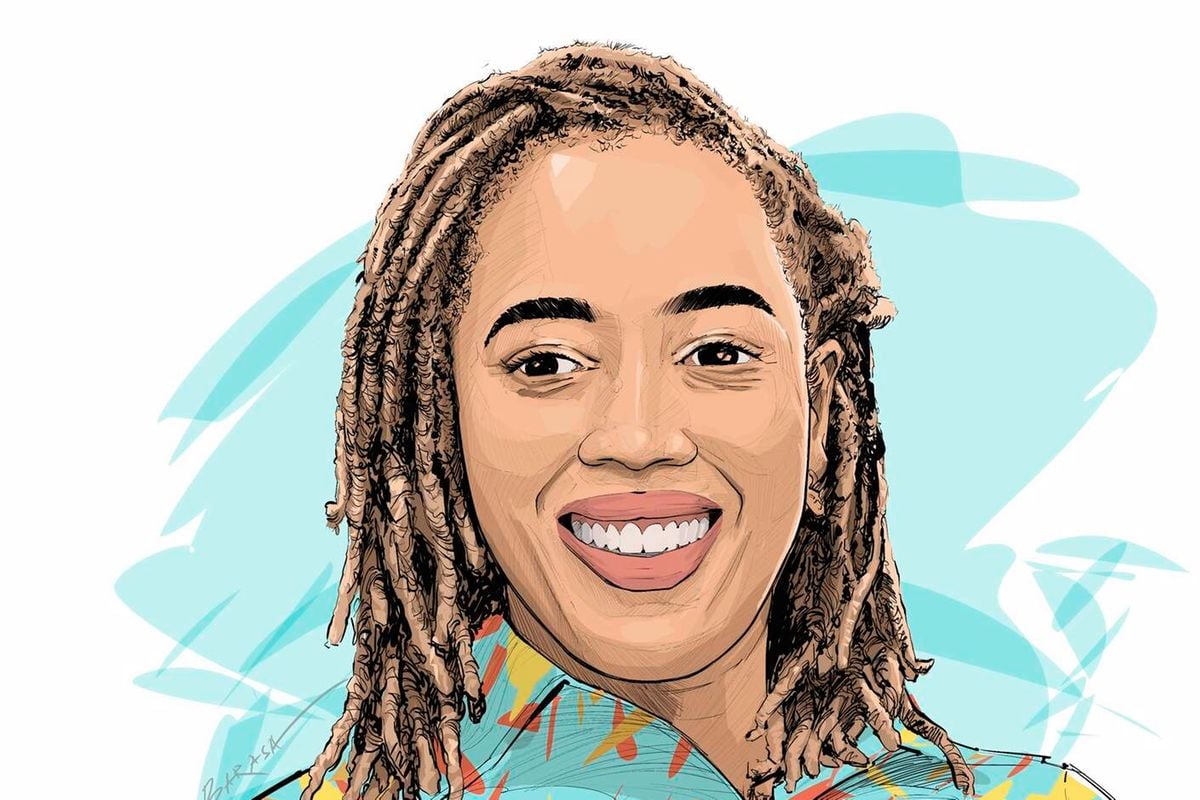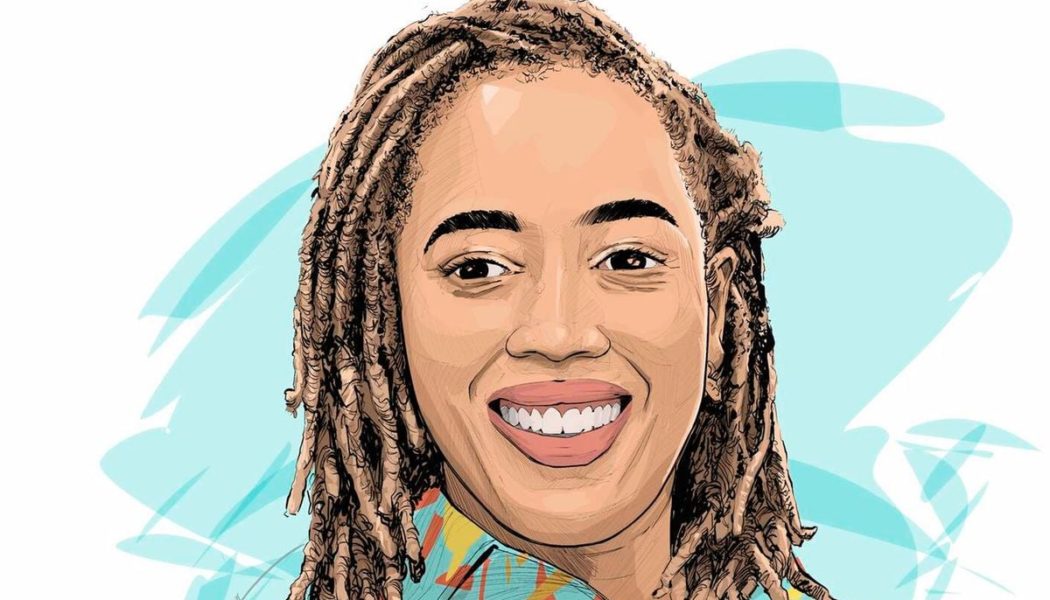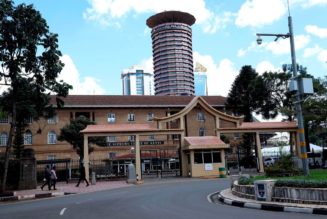
Nuru Mugambi wasn’t meant to live beyond 40 years of age. She was to die seven years after being diagnosed with a rare and severe autoimmune disease called Catastrophic Antiphospholipid Syndrome or Lupus.
On August 5, she was admitted to the Aga Khan University Hospital in Nairobi. She never made it out. The final stretch of her illness seemed to have been characterised by hospitalisation, fundraisers, and prayers, easily casting her as a ‘warrior” or a poster child for Lupus.
It reduces everything a person ever achieved, the dreams they dreamt of, to their terminal disease. It shouldn’t, because Nuru was a lot more than Lupus. First, and perhaps more important, she leaves behind a strong and inspired teenage daughter, Makena, who she has always spoken of, with the same arousing affection most mothers talk of their children.
She was a mother who wanted things most mothers want for their children; health, focus, balance, independence, and happiness.
She harboured the same fears as any parent in every generation who has asked the same question: will my child turn out okay in this terrible world that looms with uncertainty?
And for her, someone living with a terminal disease, this must have had an ever greater impact on her as a parent, knowing the uncertainty that lay in the frontier. Because of that, she was deliberate in parenting her daughter.
Two years ago, when she left her job and went off to the US to pursue her second degree in sustainable finance, she took Makena with her. She raised her daughter as a single parent and acknowledged the great sense of responsibility that it came with.
“I honestly don’t think I’m a better person than I was before I became a mother,” she told this newspaper in an interview several years ago.
When she was diagnosed with Lupus, she was 33. Doctors thought it was arthritis at the beginning. She was about to buy medication for it when the pharmacist said, “Hang on a second, this doesn’t sound like arthritis at all. This could be Lupus. Have you tested for Lupus?”
She did blood work which confirmed it. Her doctor told her she would not live to see 40. Well, she lived for another 14 years after that bleak diagnosis. During her adult working life, she made an undeniable mark in her industry.
She was a recognised authority in sustainable finance and responsible investment across Africa. Nuru had a stint as adviser at the World Bank-backed Sustainable Banking & Finance Network, a platform for knowledge sharing and capacity building on sustainable finance for financial sector regulators and associations in emerging markets.
She earlier served as the director of public affairs and sustainable finance at Kenya Bankers Association (KBA) for 10 years to December 2021 and helped design the Kenya Green Bond Programme, which prompted first corporate green bond in East and Central Africa.
Nuru was also the head of corporate affairs and investor relations at Absa Bank Kenya in the four years to 2012. She served on the boards of Kenya Private Sector Alliance (Kepsa) Economic Diplomacy Sector Board, Ethics Commission for Co-operative Societies, National Treasury SME Credit Guarantee Scheme and Judiciary Mediation Accreditation Committee.
Under her stewardship, she bolstered the financial sector’s contribution to sustainable economic development in Africa. She was also a long-standing partner of the Angaza Awards, which seek to recognise the talents and contributions of women in the financial sectors across the continent.
At KBA, she led transformative initiatives such as the banking industry sustainable finance initiative and the persons with disability initiative, that was instrumental in driving positive change and inclusivity within the financial sector.
She was the inclusive sustainable finance adviser to the Sustainable Banking and Finance Network (SBFN) and the Eisenhower Fellowship board chair, which got her recognised by former US President, Barack Obama.
Her contributions towards policy formulation transformed banking practices progressively, especially in sustainable finance, which got her awarded the Fellow of Kenya Institute of Bankers in 2015, making her one the youngest woman to earn it.
Her enduring sickness could not eclipse her career. It’s easy to remember people who have battled terminal illnesses over long periods, as only fighters, warriors, and endurers.
Courage is a theme we are quick to embrace, it gives us comfort for our own fears and insecurities. But in doing this, we forget to see the lives of people like Nuru, for their uniqueness.
On November 15, it was her daughter Makena, wearing a green dress and black tights, who pressed the button that started the process of her cremation.
“She was strong and capable, a young lady brought up well by an exemplary woman.” an attendee at the cremation said.
They say that even though death leaves a heartache no one can heal, love leaves a memory no one can steal. The memories she has left behind in the rooms she stood in, the people she touched with her work, remain as footmarks in the sand.
In an Engage Talk, she talked about going to the US as an 18-year-old and working in a cafeteria to make ends meet, how invisible she felt before the people she served, and how life felt like a series of missed exits.
Most would agree that even though she eventually exited, she was definitely seen by many who loved her and even more who didn’t know her.
There will be a funeral service held in Nairobi on November 28, after which her ashes will be carried to her village in Meru and buried next to her father.









